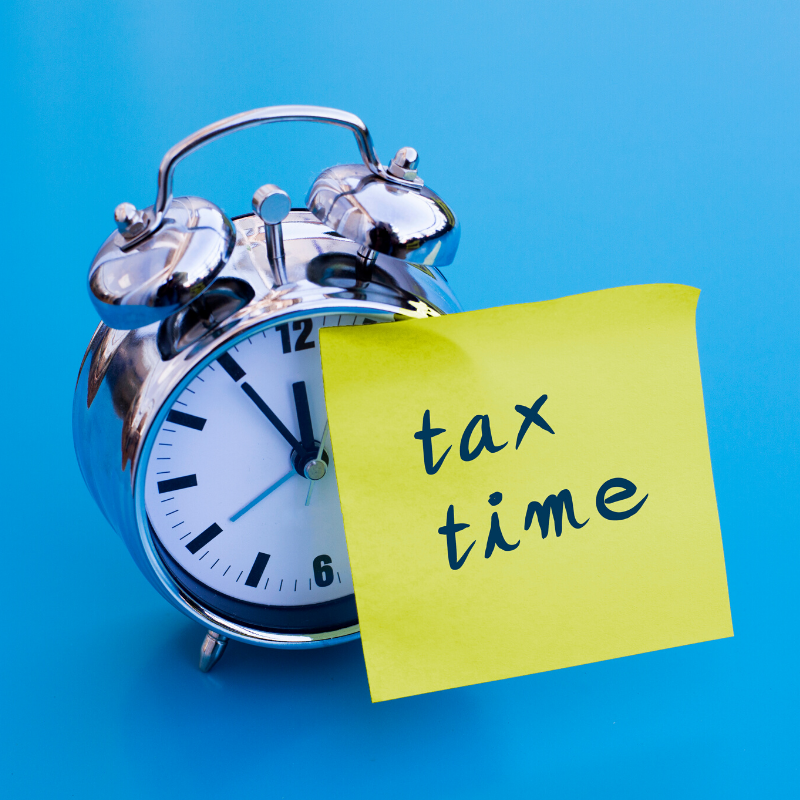In the 2015 Budget, then-Chancellor, George Osbourne, announced changes to the Income Tax relief options available for landlords in the UK. These came into effect from 6th April 2020 and have been largely overshadowed by the current Coronavirus crisis.

In short, the amount landlords can claim on residential property finance costs are now restricted to the basic rate of tax, which is currently at 20%. In the tax year 2017/2018, landlords would have been able to claim a deductible of 75% of finance costs from their rental income, and 25% of basic rate tax reduction. From 6th April 2020 and onwards, no deductible is available and it’s 100% of basic rate tax reduction. This has been a slow transition with incremental steps from 2017/2018, so as not to impact too greatly.
Confused? You’re not alone!
Traditionally Landlords deduct interest on their mortgage (and other finance costs), from rental income they receive, before calculating the tax that they owe. Then they can claim relief after having calculated their tax liability. Since the changes tax relief is now restricted to the basic rate of Income Tax only. That means that finance costs (such as mortgage interest, interest on loans required for purchasing furnishing, overdrafts or fees for early repayments) are not accounted for when calculating taxable property profits. Instead, Income Tax liability for landlords will simple be reduced by the basic rate “tax reduction”.
The basics? Declare all rental income, then claim back 20% as a tax credit

Changes to the way in which residential landlords can account for maintenance/improvement costs have also been in place since 2015/2016. Tax relief for costs of replacing “domestic items” is available instead of the “Wear and Tear Allowance”.
Includes: All residential landlords with properties in the UK, as well as all UK resident landlords with residential properties overseas too, including partnership, trustees and beneficiaries of trusts which are liable for Income Tax on property profits.
Excludes: UK and Non-UK resident companies, landlords of furnished holiday lettings.

Speak to your accountant and get professional tax and financial advice, especially about specifics as they relate to you and your portfolio. For example, this may affect loans/mortgages for properties which include a partial self-employed trade and partial residential property. Depending on your tax bracket, you will see an increase in your rental profit. Basic rate taxpayers will not see any difference in the amount of tax, but where you are a higher or additional rate taxpayer, you will have a greater tax liability.
R&R are not tax experts and recommend seeking professional tax and financial advice before undertaking any tax relief claims as individual circumstances may affect what you can claim.
Not sure where to start? Chat with a member of our team and we can give you some guidance on next steps.